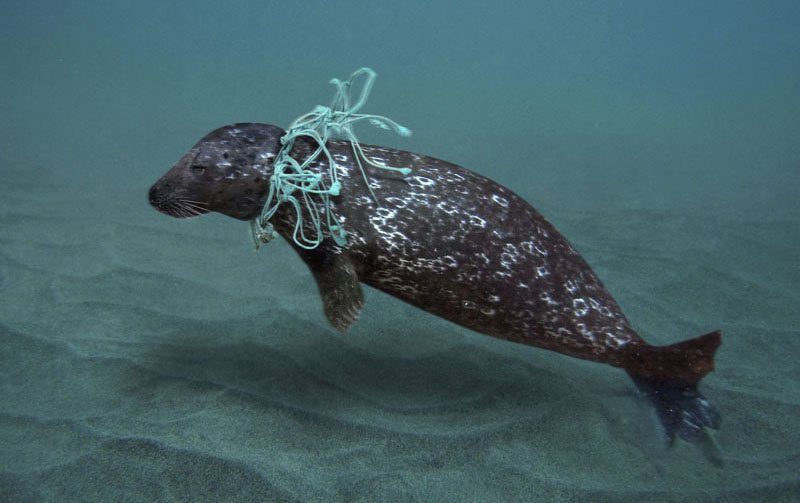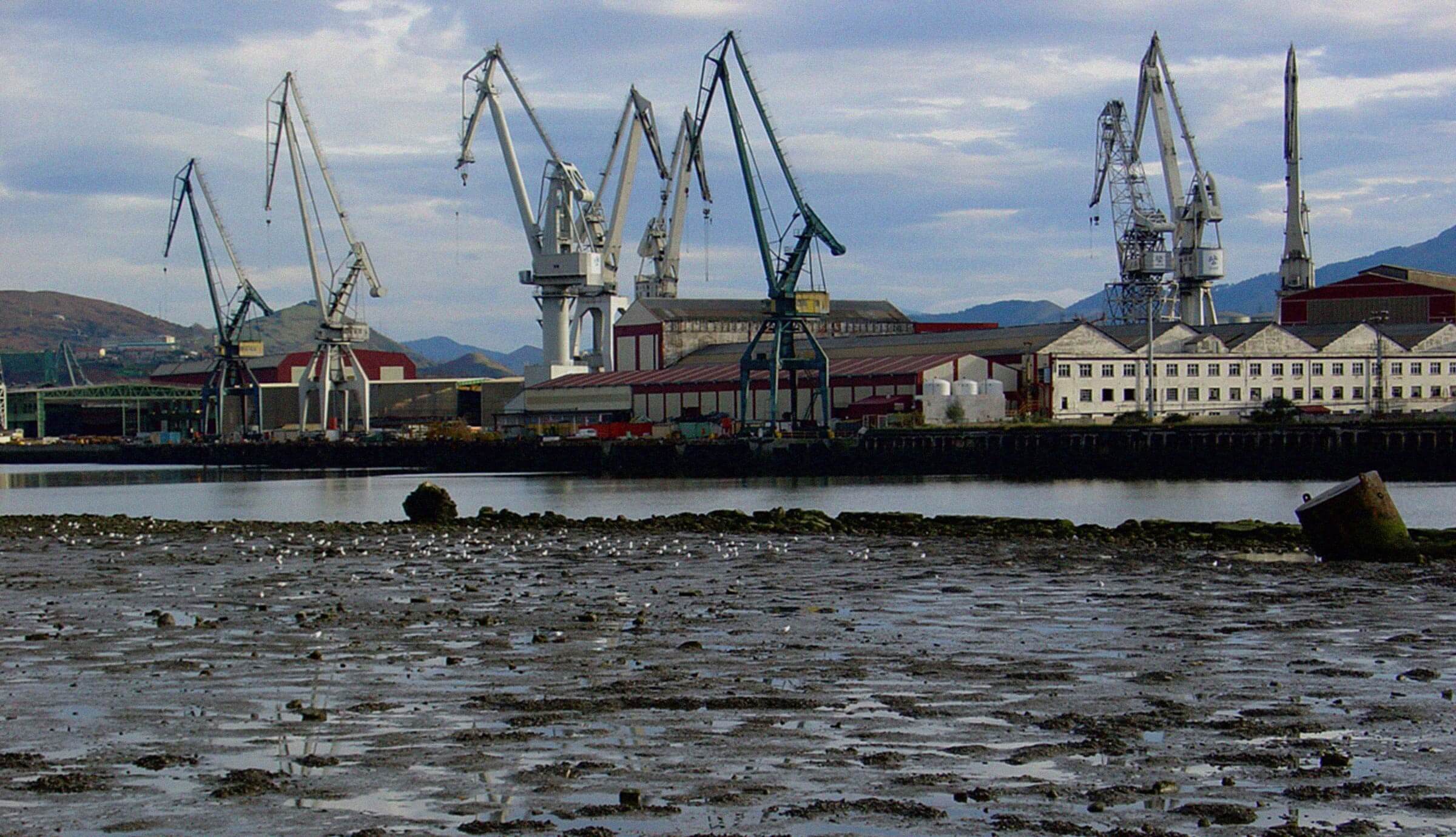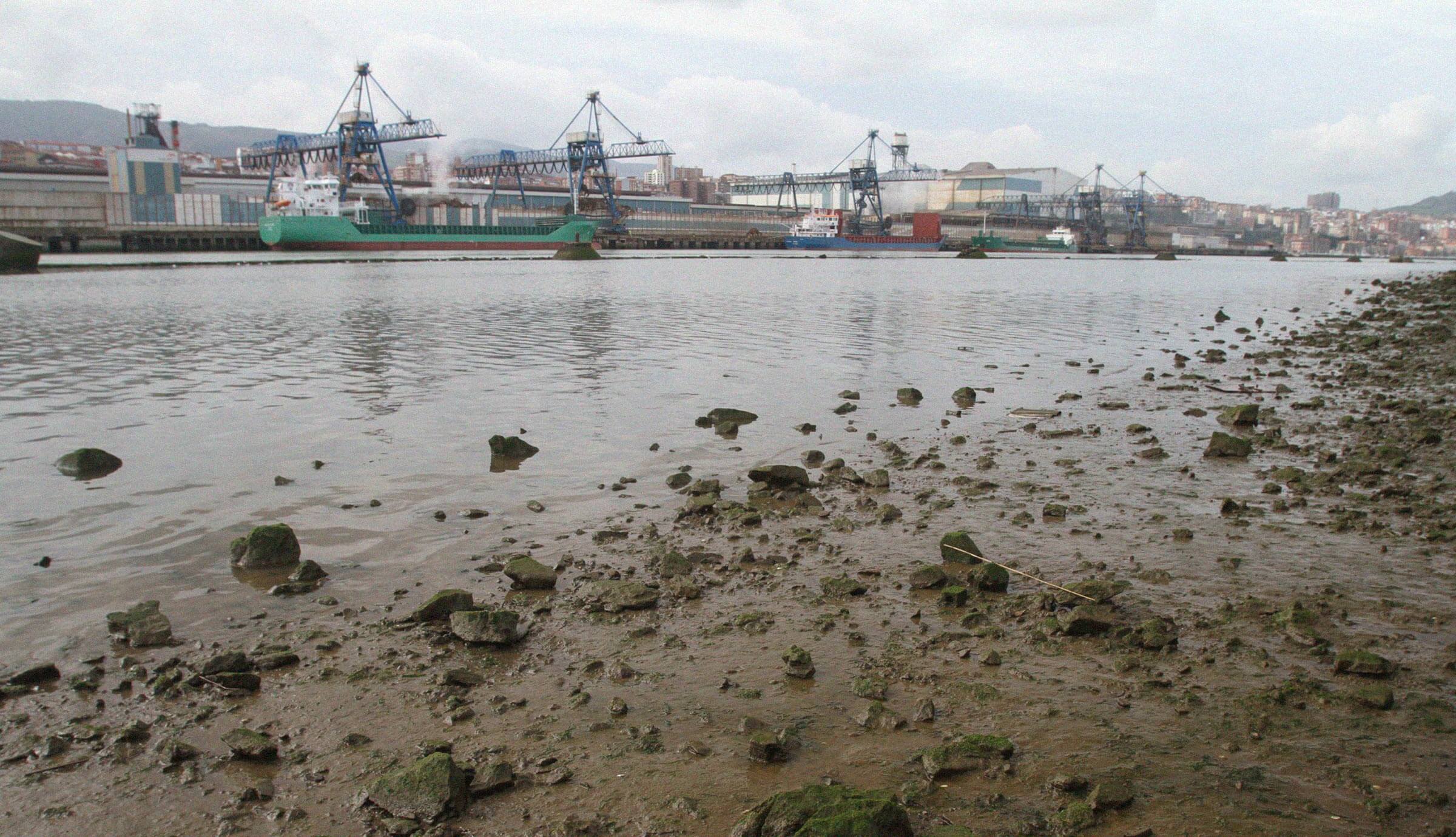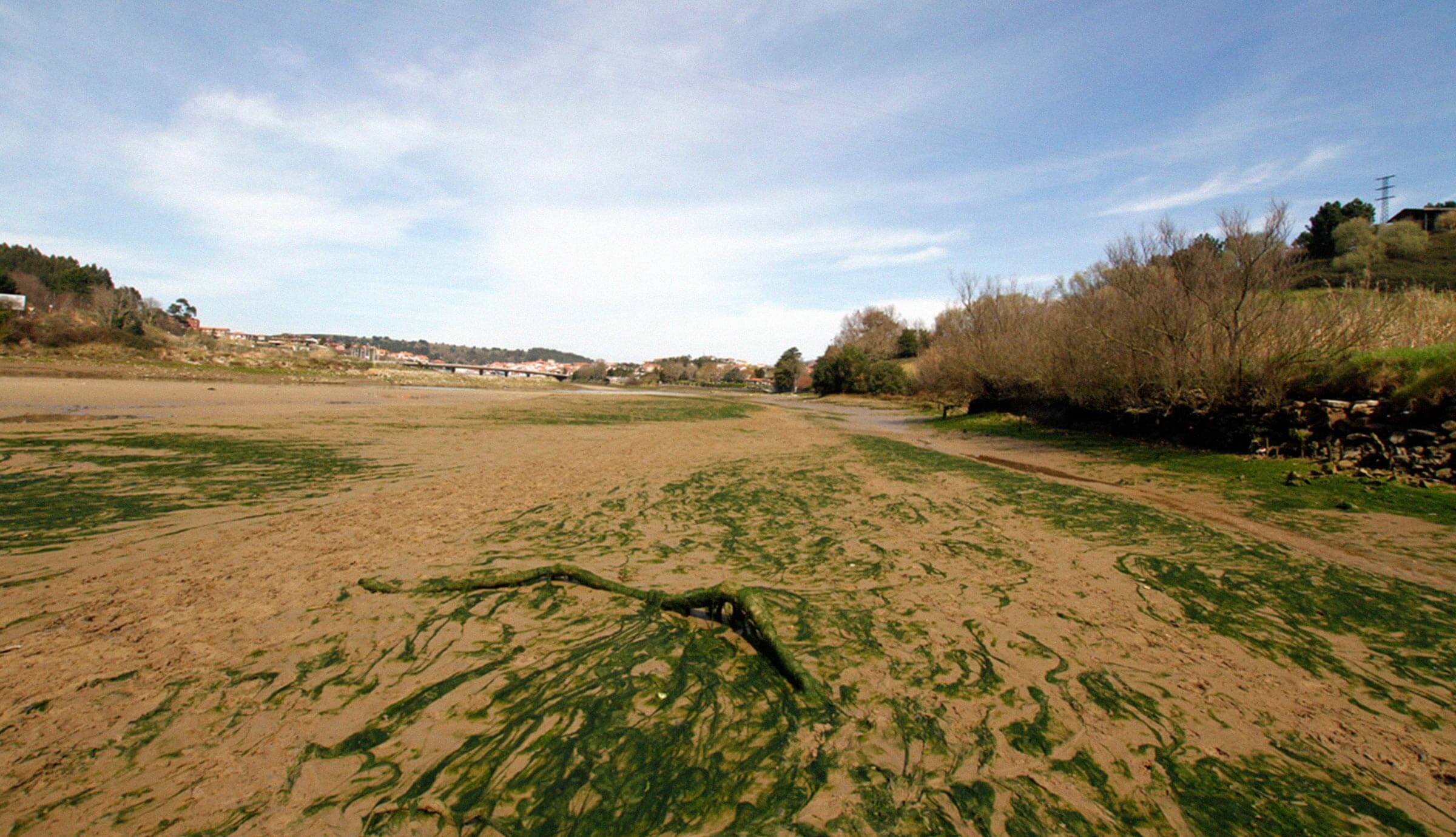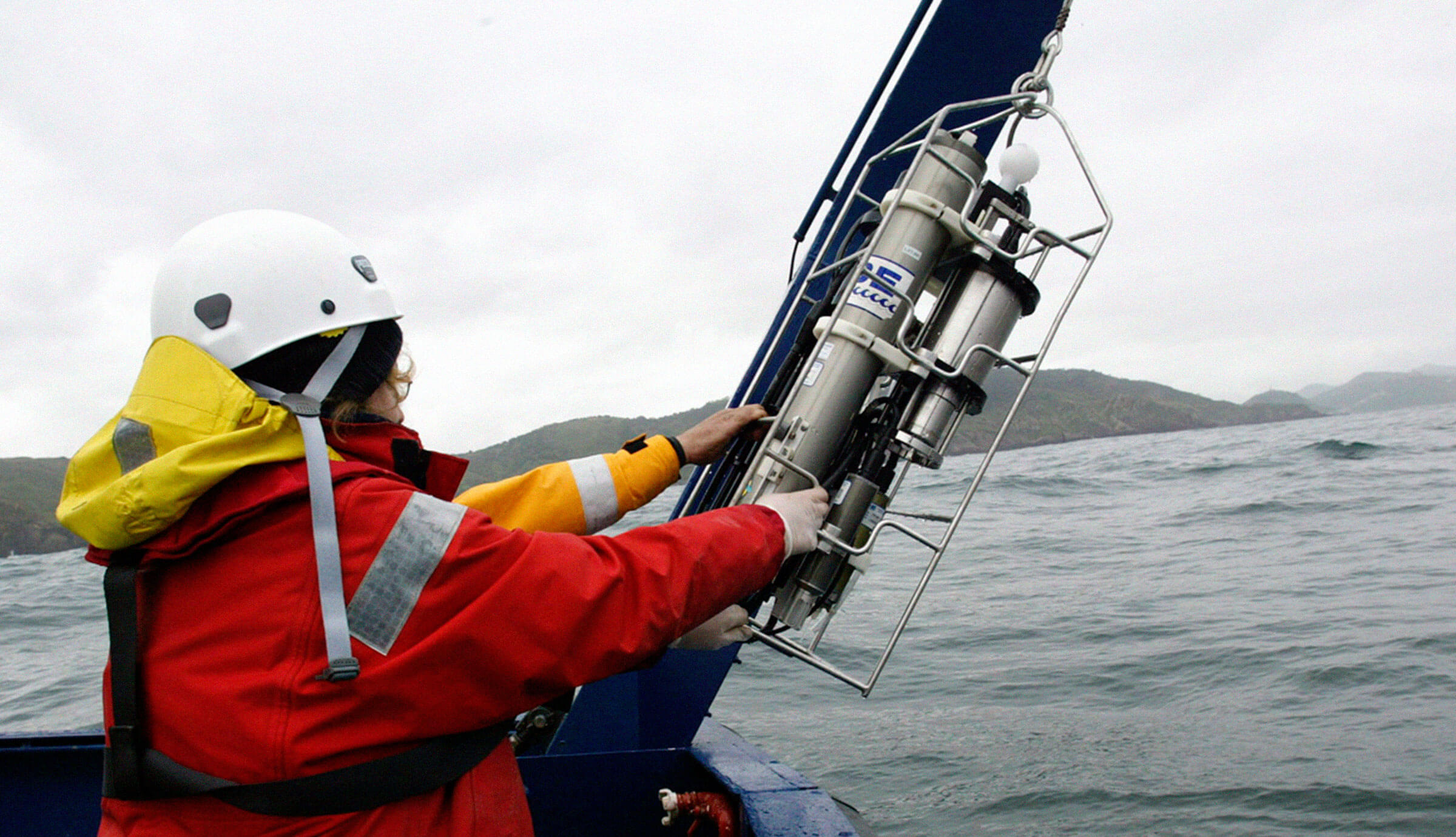Environmental consultancy for the installation of marine energies
Holistic assessment for the selection of sites for marine energy installations based on their social, economic and environmental impact.
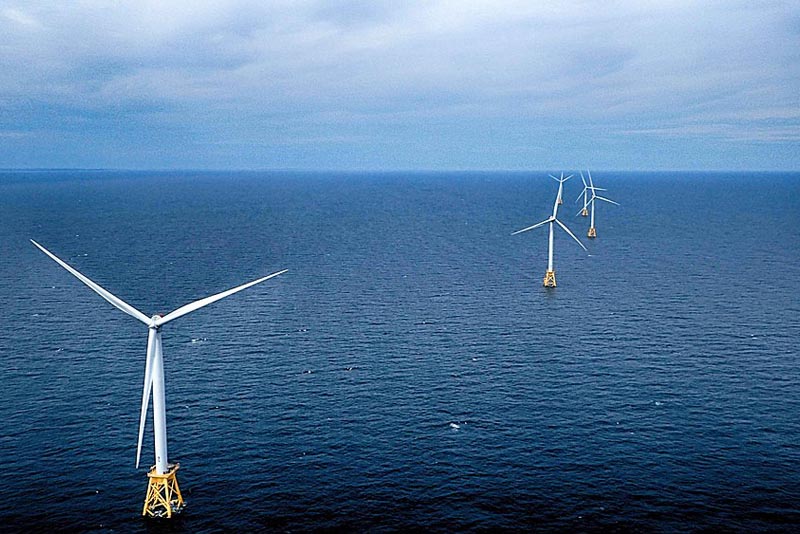
Marine renewable energies (waves, currents and wind), the so-called “Blue Energy”, are one of the levers for energy transformation in the medium and long term at national, European and global level, as well as an industrial, economic and social opportunity, in a coherent and compatible way with the protection of environmental values and the other uses and activities of the marine environment. Thus, it is expected that in the coming years there will be a significant increase in the deployment of marine renewable energies at a global level. For its part, the European Commission’s Strategy on Marine Renewable Energies foresees a deployment from the 12 GW of offshore wind and 13 MW of ocean energy (waves and currents) currently installed to at least 60 GW of offshore wind and 1 GW of ocean energy in 2030, with a view to reaching 300 GW and 40 GW, respectively, in 2050. To achieve this, the necessary evolution of cumulative installed capacity should be 1 GW in 2025 and 10 GW by 2030 in order to reach 40 GW in Europe by 2050. Thus, although the technological development of marine renewable energy devices is growing rapidly, there are some non-technological barriers that could hinder the future development of marine renewable energy installation in the EU. These are:
From this holistic perspective, AZTI brings its knowledge and experience to overcome these non-technological barriers and contribute to the development of marine renewable energies in the following areas:
- Marine spatial planning: focused on the analysis of uses and management, scenarios for assessing the social and economic impact of marine energies for the selection of locations for marine energy infrastructure. To this end, specific tools have been developed for the environmental risk analysis of wave energy collectors, WEC-ERA (Wave Energy Converters Ecological Risk Assessment Tool) and WIND-ERA (Ecological risk assessment of offshore wind turbines). Subsequently, through the VAPEM tool (Ecological Assessments and maritime spatial planning tool) we make all the information and models developed freely available.
- Operational oceanography, focused on the evaluation of the energy resource (resource characterisation and previous energy evaluations), on the acquisition of environmental data necessary in all phases of project development, and for tools for the design of structures for capturing energy from the sea or tools for managing the operation of marine parks. To this end, observation and modelling technologies contribute to an ecosystemic and multi-platform approach.
- Environmental impact: focused on environmental impact assessment (development of Environmental Impact Studies, as well as administrative processing and regulatory framework) and environmental monitoring of marine renewable energy developments (including aspects such as underwater noise, benthic communities, ichthyofauna, marine mammals, marine dynamics, electromagnetism, socio-economics and landscape).
Proven track record
AZTI staff participates in the following national and international organisations related to the marine renewable energy sector:
- International Energy Agency, Implementing Agreement on Ocean energy Systems – Annex IV: Assessment of Environmental Effects and Monitoring Efforts for Ocean Wave, Tidal, and Current Energy Systems.
- ICES Working Group on Marine Renewable Energy dedicated to the study of the environmental impact of wave and current energy projects on the marine environment.
- European Ocean Energy Association.
- Marine energy section of the Association of Renewable Energy Producers (APPA).
- Clúster Energía del País Vasco – Basque Energy Cluster
